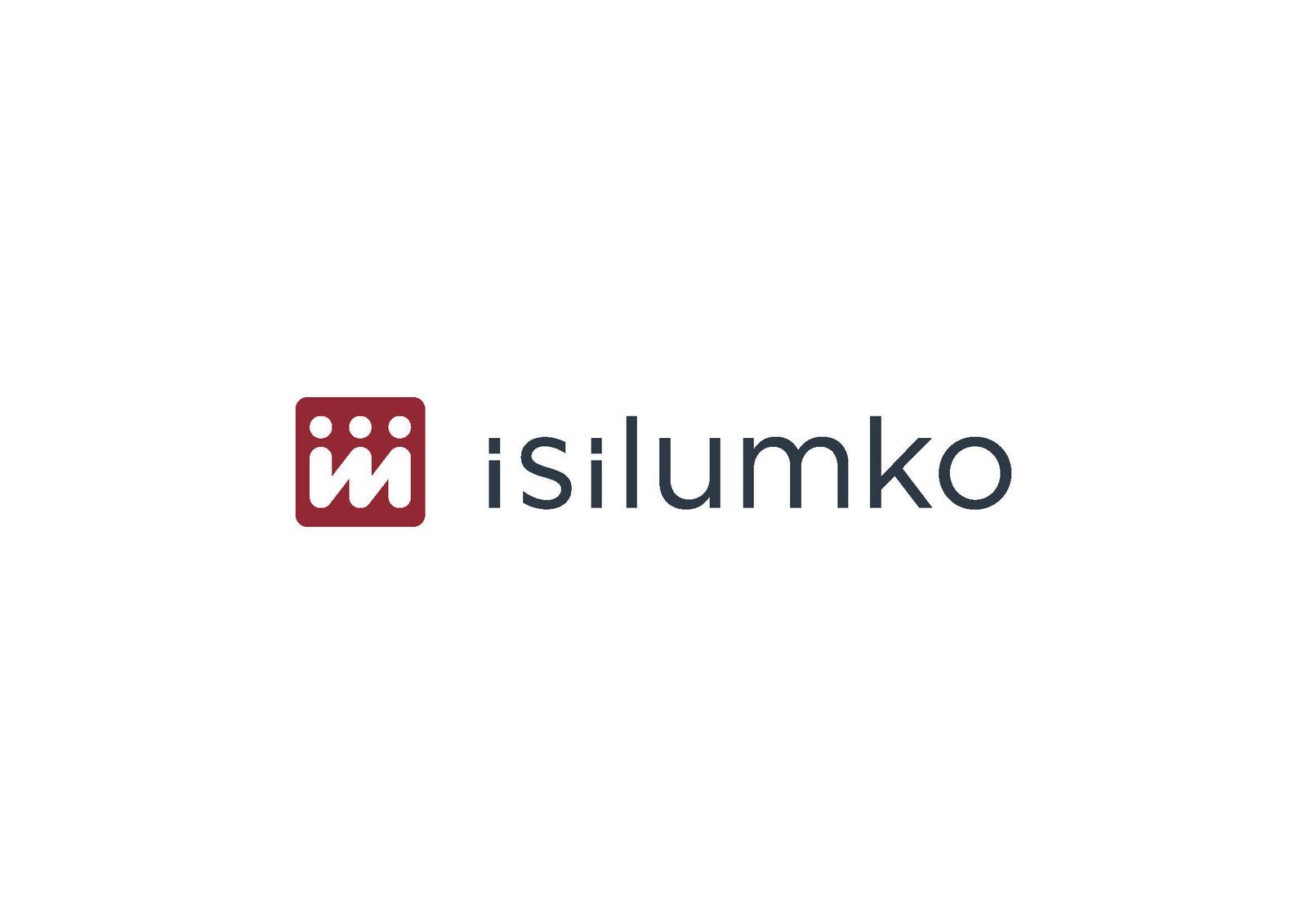In today’s competitive job market, the hunt for talent has become a strategic challenge for organizations. The exploration of promotion vacancies requires innovative recruitment strategies, adaptation to changing job market dynamics, and a deep understanding of talent acquisition challenges. This article delves into the key aspects of talent management, focusing on unique approaches and future trends in the recruitment landscape.
Key Takeaways
- Creative recruitment strategies involve proactively engaging with potential candidates by understanding their behaviors and leveraging unconventional avenues.
- Utilizing content marketing and personalizing the hiring approach are essential in attracting and retaining top talent.
- Adapting to changing job market dynamics requires staying informed about industry trends, emerging technologies, and candidate behavior.
- Identifying candidate motivations and implementing personalized hiring approaches are crucial for successful talent acquisition.
- Embracing automation and utilizing data in recruitment processes are key innovations in hiring practices.
Exploring Unique Recruitment Strategies
Leveraging Content Marketing
In the quest to attract top talent, companies are increasingly turning to content marketing as a strategic tool. By showcasing the company’s culture, values, and opportunities for growth, content marketing not only draws in potential candidates but also helps retain existing talent.
The key to successful content marketing in recruitment is adaptability and a willingness to explore new avenues. Recruiters must stay informed about industry trends and emerging technologies. Here’s a quick rundown of steps to leverage content marketing effectively:
- Create engaging content that resonates with your target audience, including blog posts, social media updates, and email newsletters.
- Monitor and analyze the performance of your content to understand what works and iterate accordingly.
- Develop a consistent brand voice across all platforms to ensure your message is on-brand and accurate.
By staying ahead of the curve, recruiters can position themselves as thought leaders and influencers within their respective fields.
Personalizing the Hiring Approach
In the quest to attract the right talent, personalization in recruitment is not just a trend; it’s a necessity. Businesses that tailor their hiring approach to the individual can significantly enhance the candidate experience. This means going beyond the standard job description and understanding what motivates each candidate.
By exploring a candidate’s motivations, recruiters can create a more engaging and relevant process. For instance, if a candidate values professional development, highlighting opportunities for growth within the company can be a key selling point. Similarly, acknowledging a candidate’s unique skills and past experiences in communications shows that the company sees them as more than just a number.
Technology plays a crucial role in enabling this personalized approach. With tools like Applicant Tracking Systems (ATS), recruiters can keep track of candidate preferences and history, ensuring that each interaction is tailored and meaningful.
Personalization is vital to keeping candidates engaged.
Ultimately, the goal is to establish a connection that resonates on a personal level, making the candidate feel valued and seen. This can lead to a more positive perception of the company and increase the likelihood of a successful hire.
Adapting to the Changing Job Market
Understanding Candidate Behavior
In today’s job market, analyzing candidate behavior is more than a trend; it’s a necessity. By understanding the motivations and preferences of job seekers, recruiters can tailor their strategies to attract the right talent. For instance, candidates who have previously engaged with a company may already have a rapport, making them prime targets for new opportunities.
Recruiters should focus on building relationships with these candidates, leveraging past interactions to create a sense of familiarity and trust.
Technology, especially Applicant Tracking Systems (ATS), plays a pivotal role in managing these relationships. It allows for a personalized approach, where communication is tailored to each candidate’s unique history with the organization. This strategy not only saves time but also enhances the candidate’s experience, increasing the likelihood of a successful hire.
Here’s a quick checklist for recruiters to ensure they’re on the right track:
- Revisit past candidates with strong potential
- Personalize communication based on the candidate’s history
- Utilize ATS for efficient relationship management
- Foster a positive employer brand by respecting all candidates
By keeping these points in mind, recruiters can effectively adapt to the changing job market and secure the talent they need.
Utilizing Technology in Recruitment
In the quest to fill promotion vacancies, technology has become a recruiter’s best ally. Platforms like LinkedIn and Twitter, as well as niche forums, allow for a more dynamic and proactive approach to talent acquisition. Recruiters can now engage with potential candidates in real-time, building relationships even before a vacancy arises.
By leveraging data analytics, recruiters can tailor their strategies to meet the specific preferences of different demographics. This not only enhances the effectiveness of recruitment campaigns but also ensures a more personalized experience for candidates. It’s crucial, however, to avoid common pitfalls such as relying too heavily on AI and neglecting the human touch that is so essential in the hiring process.
Embracing technology in recruitment is about finding the right balance between automation and personal interaction. It’s about enhancing the human element, not replacing it.
Ultimately, the use of technology in recruitment is not just about efficiency; it’s about creating a more engaging and candidate-centric process that resonates with today’s job seekers.
Navigating Talent Acquisition Challenges
Identifying Motivations of Candidates
In the quest to snag top talent, understanding what fuels a candidate’s fire is key. Finding a candidate’s motivations is not just about filling a position; it’s about creating a match that leads to job satisfaction and high productivity. It’s about digging deeper during interviews to uncover the incentives that resonate most with potential hires.
When it comes to motivations, one size does not fit all. Tailoring the benefits and opportunities to individual aspirations can make all the difference.
Here’s a quick rundown of factors that can motivate job seekers:
- Competitive salaries
- Comprehensive health and wellness benefits
- Work-life balance programs
- Opportunities for professional development
- A clear path for career advancement
Encouraging hiring managers to be flexible and to consider a phased approach to benefits can help align with candidate expectations. Remember, the goal is to identify those in your pool who are not just looking for a job, but are seeking a career that aligns with their personal and professional goals.
Retaining Top Talent
In the quest to keep the crème de la crème, businesses are realizing that retention is as critical as recruitment. Creating a culture where employees feel valued and see clear progression paths is paramount. To avoid the pitfalls of favouritism, which can lead to talented individuals feeling stifled, managers should be incentivized to develop high performing teams rather than just holding onto top performers.
Retention is not just about keeping an employee; it’s about fostering an environment where they want to stay.
Here are three key actions to enhance retention:
- Recognize the ‘moments that matter’ to employees.
- Address performance issues fairly and keep the door open for future opportunities.
- Build alumni networks to maintain relationships with former employees, turning them into brand ambassadors.
By focusing on these areas, companies can improve their employee experience and develop a robust strategy for keeping their best talent on board.
Innovations in Hiring Practices
Embracing Automation
The integration of automation into hiring practices is not just a trend; it’s a strategic move to enhance efficiency and precision in the recruitment process. Automation tools are revolutionizing the way companies approach talent acquisition, from the initial job posting to the final hiring decision. One of the fastest-growing areas in talent acquisition software is AI, with innovations like smart talent platforms, chatbots, and natural language processing (NLP) leading the charge.
By automating routine tasks, recruiters can focus on the more human aspects of the job, such as building relationships and assessing candidate fit on a deeper level.
Here’s how embracing automation is changing the game:
- Shift Towards Work-Simulated Assessments: Candidates demonstrate their skills in real-world scenarios, providing a clearer picture of their capabilities.
- Identification of ‘Soft’ Skills: AI helps identify essential soft and robot-proof skills, which are increasingly valuable in today’s job market.
- Workflow Automation: Streamlining operations through tools like Salesforce, which can automate reporting, analytics, and workflow processes.
Unlock the potential of AI and automation in HR for 2024. Explore opportunities and challenges, and make informed decisions on solutions that will shape the future of hiring.
Utilizing Data in Recruitment
In the quest to fill promotion vacancies, the power of data cannot be overstated. Recruiters can leverage data to identify trends and preferences, tailoring their approach to meet the evolving demands of the job market. By employing machine learning algorithms, they can predict potential candidate locations, optimizing resource allocation for maximum impact.
Multi-channel recruitment strategies are essential in today’s digital landscape. A combination of online and offline methods, such as virtual networking events and in-person interactions, ensures a broader reach and a more diverse applicant pool.
Embracing a data-driven approach not only streamlines the recruitment process but also enhances the quality of candidate matches, leading to more successful placements.
Here’s a snapshot of the tools that are revolutionizing recruitment:
- Applicant Tracking Systems (ATS): Streamline the application and selection process.
- Recruiting CRM: Manage candidate relationships and engagement.
- Sourcing Tools: Locate and attract potential candidates.
- Reports & Analytics: Gain insights into recruitment metrics and outcomes.
Future Trends in Talent Management
AI in Recruitment
The integration of artificial intelligence (AI) in recruitment is revolutionizing the way we discover and engage with talent. AI-driven tools are not just about efficiency; they’re about smarter decision-making. From chatbots that provide instant communication to advanced algorithms that predict a candidate’s job success, AI is at the forefront of innovative hiring.
AI’s ability to parse through vast amounts of data and identify patterns makes it invaluable in sourcing candidates who are the perfect fit for a role.
However, with great power comes great responsibility. The potential for AI bias is a real concern, and it’s crucial for companies to implement these technologies thoughtfully to ensure fair and inclusive hiring practices. Here’s a quick look at how AI is being used in recruitment today:
- Smart talent platforms that match job descriptions with candidate profiles
- Job-posting platforms that optimize listings to attract the right applicants
- Chatbots that handle initial inquiries and schedule interviews
- Natural language processing (NLP) tools for analyzing resumes
While AI can streamline many aspects of the hiring process, it’s important to remember the human element that remains at the heart of recruitment. Balancing high-tech with high-touch will be the key to successful talent acquisition in the digital age.
Remote Work Impact on Hiring
The evolution of remote work has been a game-changer in the hiring arena. It’s not just about where you work, but how you work that’s shaping the future of employment. Remote work has democratized the job market, allowing access to talent pools previously untapped due to geographical constraints. However, the recent trend of declining remote opportunities in tech job postings signals a shift that may affect candidate preferences.
Companies are now at a crossroads, having to balance the allure of remote work with the need for in-person collaboration. The challenge lies in creating a work environment that caters to both the company’s and employees’ needs.
While some organizations are retracting their remote work policies, others are doubling down, ensuring their remote workforce remains connected and supported. This dichotomy presents a unique set of challenges and opportunities for talent acquisition strategies moving forward.
Conclusion
In conclusion, the hunt for talent in today’s job market is a dynamic and ever-evolving process. With the use of creative recruitment techniques, personalized hiring approaches, and a focus on employee aspirations, companies can attract and retain top talent. As technology continues to shape the recruitment landscape, staying ahead of industry trends and leveraging automation tools will be crucial. The key lies in connecting with potential candidates, understanding their motivations, and providing opportunities for growth and development. By adapting to the changing job market and embracing innovative strategies, organizations can navigate the challenges of talent acquisition successfully.
Frequently Asked Questions
What are some unique recruitment strategies to explore in today’s job market?
Some unique recruitment strategies to explore include leveraging content marketing and personalizing the hiring approach.
How can recruiters adapt to the changing job market?
Recruiters can adapt by understanding candidate behavior and utilizing technology in recruitment.
What are the challenges in talent acquisition?
Challenges in talent acquisition include identifying motivations of candidates and retaining top talent.
What innovations are seen in hiring practices?
Innovations in hiring practices include embracing automation and utilizing data in recruitment.
What are the future trends in talent management?
Future trends include AI in recruitment and the impact of remote work on hiring.
How has technology influenced the recruitment process?
Technology has influenced the recruitment process by introducing automation and data-driven decision-making.




